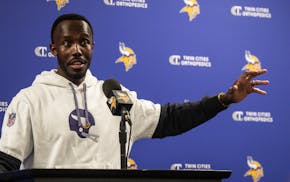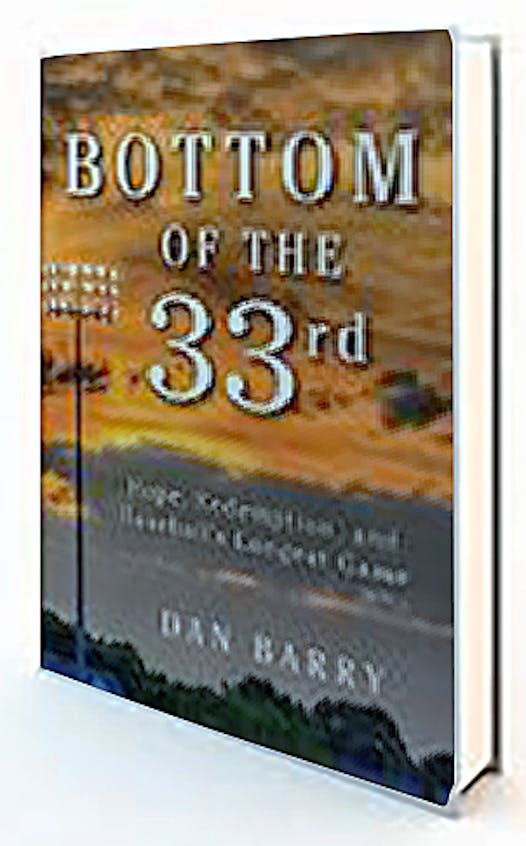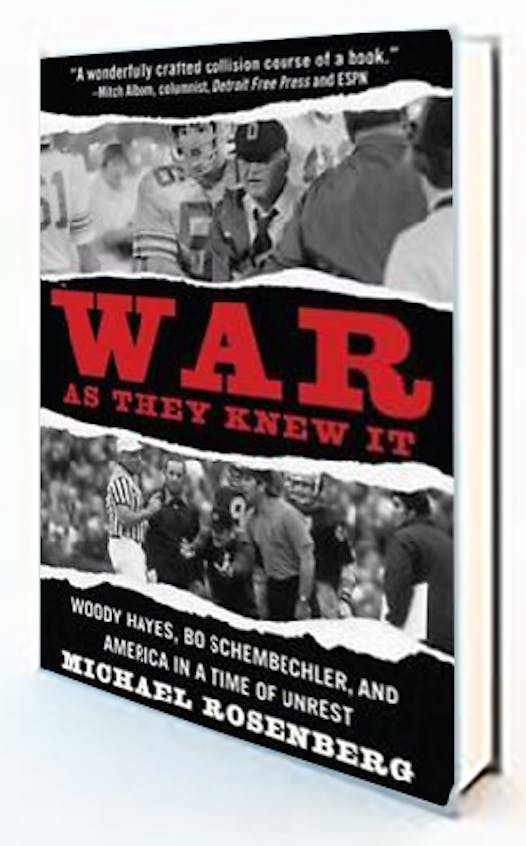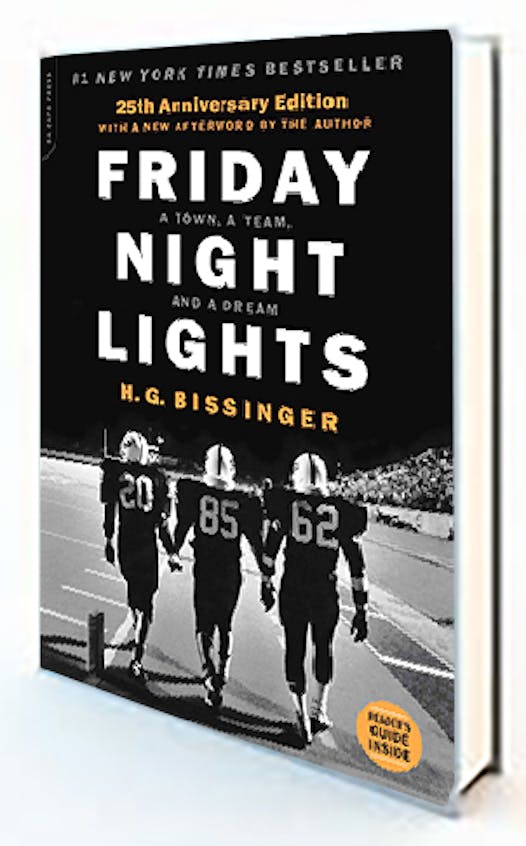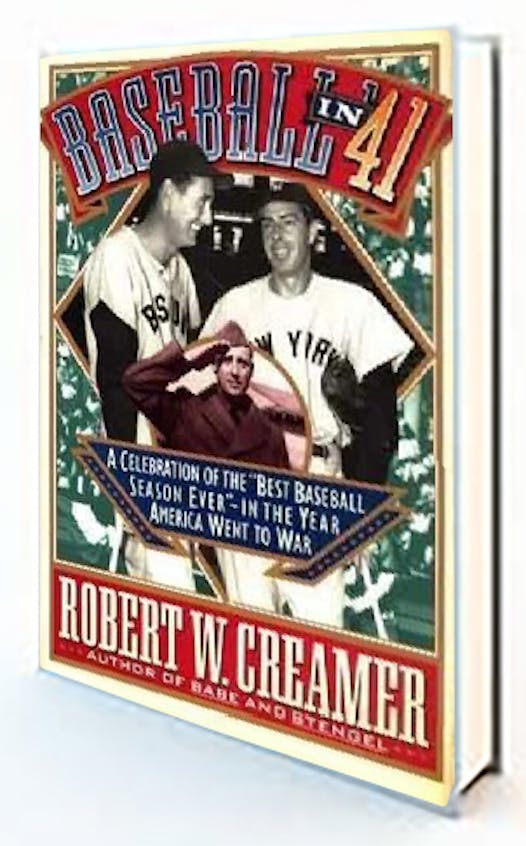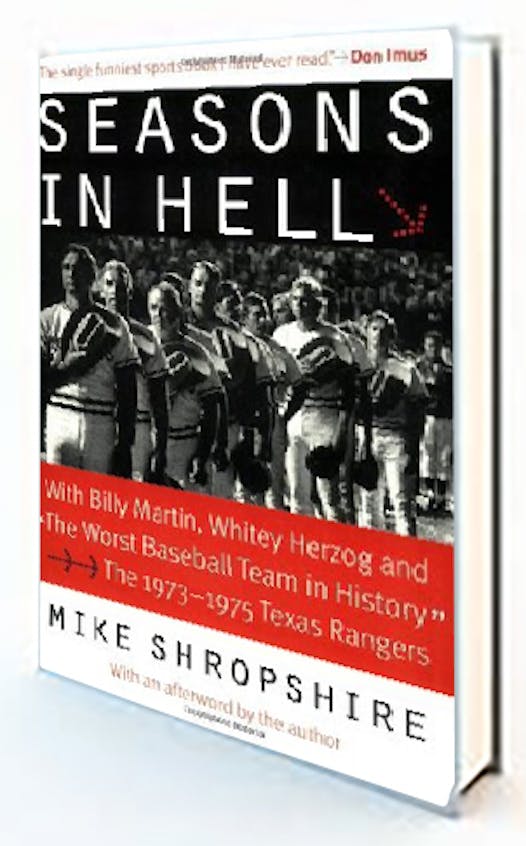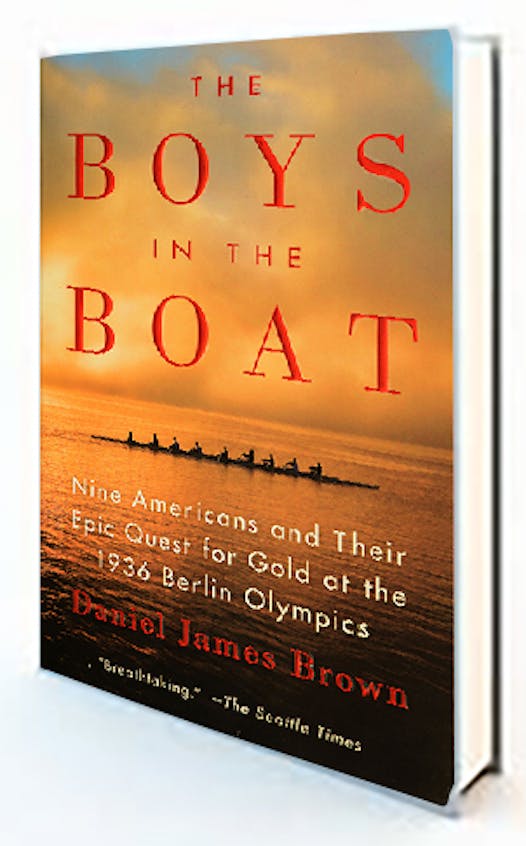BOOKS
Joe Christensen, longtime baseball reporter and current college sports editor:
"Bottom of the 33rd" by Dan Barry, who colorfully describes the characters involved in the longest game in baseball history, between the Class AAA Pawtucket Red Sox and Rochester Red Wings, from 1981. Barry's description of Pawtucket and minor league life is extraordinary. Some big names took part in this game — Cal Ripken Jr., Wade Boggs, etc. — but those aren't the people you'll remember most. From Page 24: "Many have wives and children. A few have even made brief appearances in the major leagues. But they cannot go on like this forever. Time, once a quiet comfort, is now impatient, and clearing its throat."
"War as they knew it" by Michael Rosenberg, covers the "10-year war" between Ohio State's Woody Hayes and Michigan's Bo Schembechler, and is one of the best period pieces you'll find. Rosenberg brings you right back onto both campuses and inside the cramped coaches offices at a time before college football became supersized. From the book's back cover: "The year is 1969. Woody Hayes has just won a national championship at Ohio State and his friend Richard Nixon is about to be inaugurated as president. A little-known coach has taken over the Michigan program, but most of Ann Arbor is too preoccupied with war protests to care."
• • •
Chris Hine, who tracks the Timberwolves and NBA for us, is recommending a football book:
"Friday Night Lights" by Buzz Bissinger. One of the definitive sports books of all time, a book that chronicled a season of the Permian Panthers in Odessa, Texas. But this book is about much more than football. It's about how football intersects the many facets of life, especially in small-town Texas. It's a story about class and race, expertly and grippingly told, and its lessons still apply today.
• • •
Copy editor Ken Chia particularly enjoys historical baseball books. A couple in his collection stand out:
"Baseball in '41" by Robert W. Creamer looks back at one of the most memorable seasons in major league history. 1941 was the year Ted Williams hit .400 and Joe DiMaggio went on his 56-game hitting streak, and the season culminated with a terrific World Series between the New York Yankees and Brooklyn Dodgers — months before the attack on Pearl Harbor sent the United States into World War II. A beautifully painted portrait of a vastly different time for America and for the game of baseball.
"Seasons in Hell" by Mike Shropshire is a hilarious retrospective about a sportswriter's memories of covering the Texas Rangers from 1973 to '75. Owned by Minneapolis businessman Bob Short, those Rangers were managed by two legends of the game in Whitey Herzog and Billy Martin but featured rosters that included players such as Charlie Hudson, a lefthanded knuckleballer who accidentally shot himself in the hand. Full of colorful anecdotes and equally colorful language. After a near-perfect game by Jim Palmer in 1973, Herzog said, "If anybody throws a perfect game against this lineup, they oughta slap an asterisk on it."
• • •
Staying in a baseball mood is copy editor Jim Anderson:
"The Teammates: A Portrait of a Friendship" by David Halberstam, to follow the historic baseball book vein, is a deeply touching story of when Dom DiMaggio and Johnny Pesky, joined in spirit by Bobby Doerr, took a final, 1,300-mile road trip in 2001 to go visit Ted Williams, who is dying. It is filled with reminiscences of friends whose camaraderie has endured for decades, of course, but it is also an examination of a group of men pondering their legacies and who, once seen as titans, are also making a journey into the frailty and vulnerability of old age.
• • •
Copy editor Pete Steinert takes us out on the water:
"The Boys in the Boat" by Daniel James Brown is one way to get your Olympic fix in a year without the Summer Games. When the East Coast was king of the U.S. rowing scene, an eight-oar crew from the Pacific Northwest defied all odds to reach the 1936 Olympics in Berlin. Beautifully written with intimate portraits of all involved, the book brings the sport of rowing to life in a time of world upheaval.
Articles
A longform article is a great way to kill a chunk of time. Going deep on a subject without the commitment of starting a book about someone or something. Suggestions from our staff:
Gay Talese on Joe DiMaggio
DiMaggio was a mythical sports figure, and this profile of DiMaggio takes place in 1966, long after DiMaggio's playing days and after the death of DiMaggio's ex-wife Marilyn Monroe. The pain her death caused DiMaggio is evident, in one of the best profiles ever written. It's remarkable in how it shows the life of a star after the spotlight isn't on them anymore, and how sad and mundane that existence can be.
Chris Hine
Read: https://classic.esquire.com/article/1966/7/1/silent-season-of-a-hero
Brian Phillips, "Out in the Great Alone"
Phillips embarked to Alaska to cover the Iditarod by land, sea and air and returned with a story of survival, adventure, steam-breathed sled dogs and hallucinating mushers. A story that starts by breaking down the many ways to die in Alaska ends feeling fully, achingly alive.
Jeff Day
Read: http://www.espn.com/espn/feature/story/_/id/9175394/out-great-alone
John Updike, "Hub Fans Bid Kid Adieu"
John Updike and a few thousand Bostonians turned out to witness what would be Ted Williams' final baseball game. That he hit a home run in his last at-bat and refused to tip his cap to a roaring crowd, provides the germ for the best sports profile ever written.
Jeff Day
Read: https://www.newyorker.com/magazine/1960/10/22/hub-fans-bid-kid-adieu
Claudia Rankine, "The Meaning of Serena Williams"
Claudia Rankine, one of the most astute poets and social critics in the country,focuses on one of the most criticized athletes in history. The overwhelming nature of the prejudice submitted against Williams throughout her career — the greatest career in modern sports — is eye-opening.
Jeff Day
Read: https://www.nytimes.com/2015/08/30/magazine/the-meaning-of-serena-williams.html
Jake Sullivan still has a shot
Call this recommendation biased, but if you didn't catch this longform Star Tribune story from 2019, our Chip Scoggins takes you on the theme-park ride that has been Sullivan's life. The highs, the lows, the thrills, the unexpected whips to the side. You'll hurt for him, and for his family. Then you'll cheer. You learn there was so much under the surface of Sullivan's success. A story of hope, ultimately, but it doesn't come easy. The reading, however, is.
Chris Carr

Softball state tournament: Live updates from championship games at Jane Sage Cowles Stadium
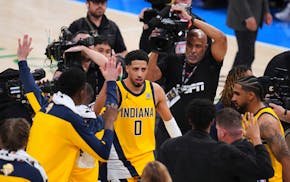
Podcast: How the Pacers taught the Thunder (and the Wolves) a playoff lesson
Yuen: How success has pushed Minnesotans off sidelines in trans athlete debate
David Festa's return to Twins goes south in a hurry
